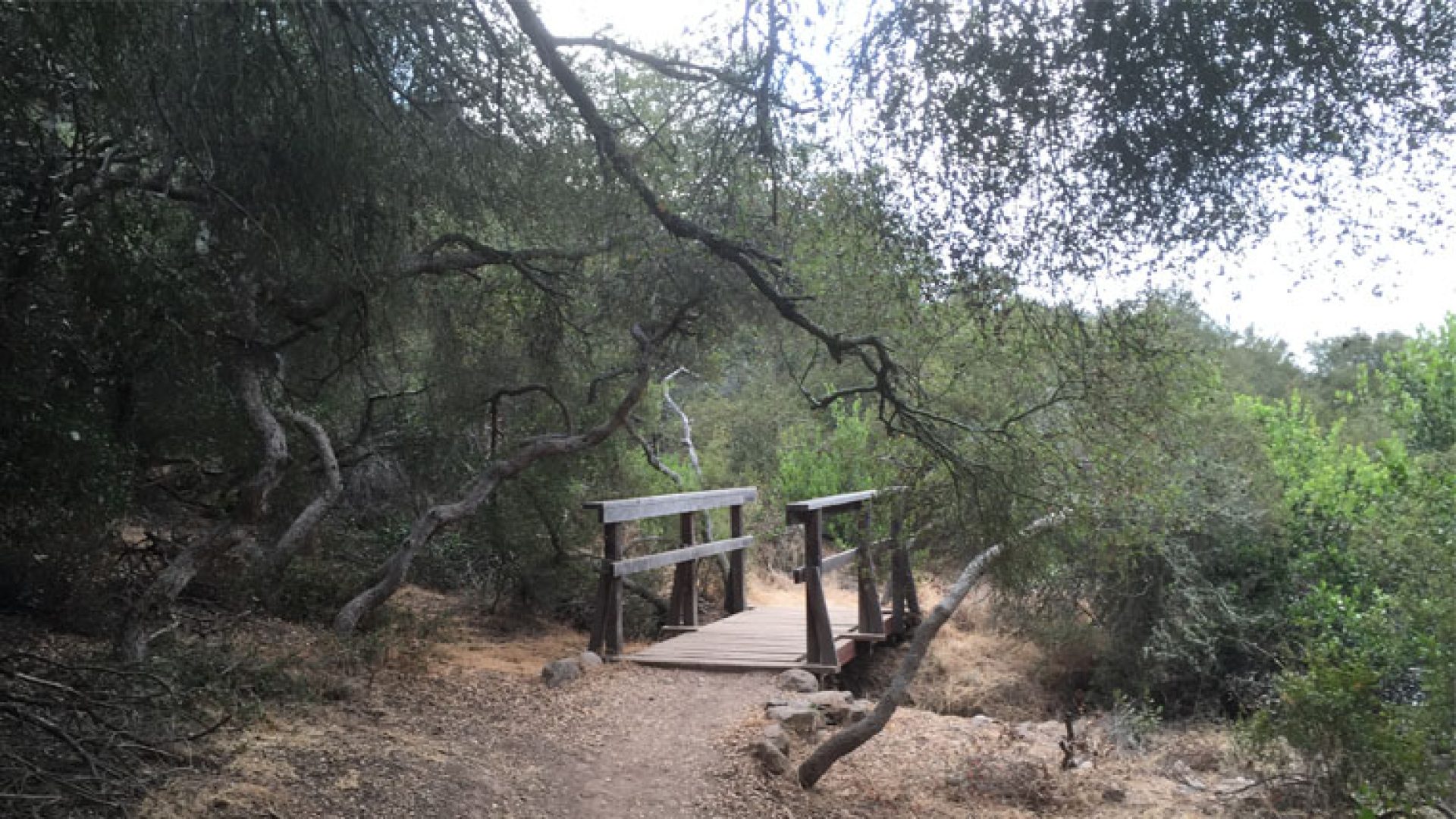“Boundaries are the most loving thing you can give to someone.” ~Brené Brown
What Are Boundaries and Why Do We Need Them?
Boundaries are edges and containers. They signify a limitation, and at the same time, they offer a barrier that gives us something to orient from. They are the edges to the maze, so to speak. For many of us, boundaries are not easy or comfortable. For some of us, they become rigid walls that limit us. So how do we set boundaries that are loving and guiding without stifling ourselves, our loved ones, colleagues, employees, students, or anyone we wish to help reach their full potential?
The answer lies in the inherent tension-filled contrast between boundaries and freedom. We don’t always know exactly what is going to be the best situation and experience for ourselves and those we’re in relation with—this goes for both professional or personal relationships. Sometimes we do know, but more often, we have a sense or feel of what would be appropriate and beneficial. What we do have, though, is our belief and value system that our lives and work revolve around, even if we can’t put them to words. This is our guide for setting boundaries. Once we are more clear on what is important and valued in our own personal world, then we can create parameters for those to whom we are relating.
For instance, if I value respect for myself and those around me, I will not allow disrespectful behavior towards myself and any others I am ‘responsible’ for (which could be employees, clients, students, family, etc.) The caveat is what is understand as ‘respect.’ This is where our boundaries might be tested by real life experiences. What I consider disrespectful might not be the same as someone who bumps up against my boundary. There’s really no universal definition of what respect actually looks like. There are mores, customs and socially acceptable constructs that are currently ‘in vogue’, but if you look closely, there is not one particular way that could be stamped ‘Respectful’ and universally agreed upon. So it gets a little hazy and, perhaps, messy as we are pushed against.
How DO I Know Myself?
How do we figure it out, then? Basically we come to understand what is important to us, through experience, knowing, and valuing ourselves and our own perspective. There are many times we don’t know what we want or expect until we get something we don’t want. Getting what we don’t want is great information. It gives us clarity. But, if we don’t take a moment in those times of ‘don’t want’ and allow it to illuminate the other side of that—what we do want—then we’ve missed a grand opportunity. Some of our beliefs and values emerge as we mature, but many are already in us; we simply haven’t been made aware of them as conscious thoughts yet. To add confusion, the values and belief systems we were born into may not actually be a fit to how and what we really feel and believe. Many of us have struggles with this until we really get into knowing what it is that We Feel and Believe as compared to what others feel or we have been taught in one way or another.
We Find Freedom Through the Edges
Boundaries essentially draw a real or imaginary line that defines and separates This and That. This is ok, that is not. This is one country, that is another. This is where you walk, that is not. In order to communicate boundaries, we have to know where and what they are. There are plenty of us who have challenges being definitive and firm, most likely because we don’t want to limit another. Having boundaries doesn’t mean everything is black and white per se, but they do illuminate preference and discernment. In order to enforce boundaries, we have to value and love ourselves enough to tell the world ‘My perspective and values are important, This matters, and I matter.” For many, this is a real challenge to believe and do. Add to this the grand possibility that setting boundaries will not be celebrated by the other can cause us to run from the opportunity and avoid it all together. If we do that, though, we are abandoning ourselves and it sends a signal to others that we don’t value ourselves and our perspective. Which, most likely, is not true. That’s one reason why it feels so shitty when our boundaries are ignored.
As we find ways to really know who we are and what we wish in and for our daily experiences—again, both professionally and personally—we amplify our belief system even if we don’t speak it aloud. If you have kids, you may have noticed when you were really clear about something, the kids usually didn’t test that boundary. When a boundary is honored, then the other responds by moving in a direction that is more flowing and supportive, just like a plant does when supported with stakes and twine. It allows them to move and perhaps grow in ways that are more beneficial to both the boundary setter, themselves and the environment around them.
Boundaries are one of the most loving things we can give to someone. They are also one of the most loving things we can give to ourselves. When your boundaries are challenged, and everyone’s are, pause, take a breath, and take a moment (or longer) to really discern what is really at play and what do you want. Then move forward into action, with love and respect for both yourself and the other. The more you do this, the easier it becomes. Above all, be easy with it all and treat yourself as you would want others to treat you.

